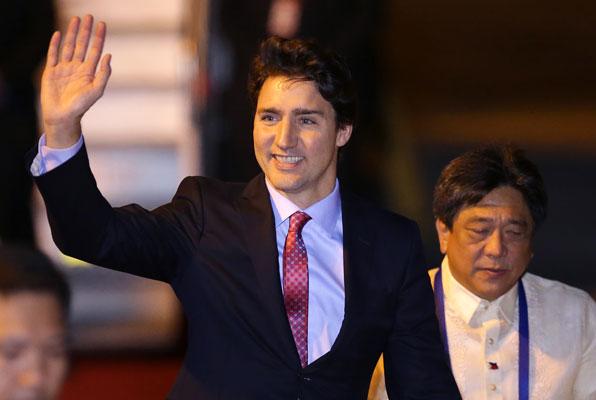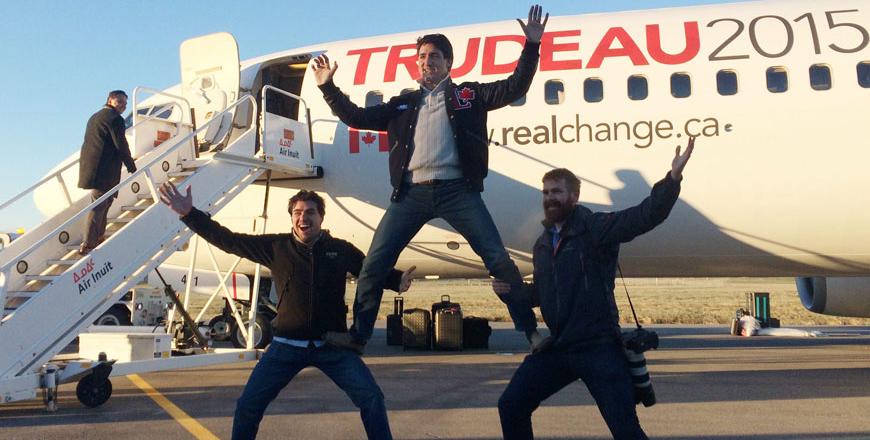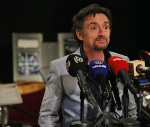You are here
Canada looking at 'wider' Daesh threats in Libya, Sinai
By AFP - Dec 21,2015 - Last updated at Dec 21,2015
OTTAWA — Canada is taking a "wider" look at the danger posed by the Daesh terror group in Libya and the Sinai peninsula, its defence minister said Monday during an unannounced visit to Iraq.
"We need to look wider than the current threats that we face in Syria and Iraq," Harjit Sajjan said during a conference call from Erbil, the capital of Iraq's autonomous Kurdish region, where he met with Kurdish commanders and Canadian special forces.
"I have to get a good sense of where the evolution of the mission is going and the evolution of the mission is going to be based on where Daesh is going to go," Sajjan said.
He cited "potential threats in the Sinai" and Libya, where he said a vacuum was created after the toppling of longtime dictator Muammar Qadhafi.
Canada was involved in the multinational force that ousted the dictator in 2011. Since then a political deadlock in Libya has allowed militants and people-smugglers to flourish.
Ottawa has welcomed an agreement among some rival Libyan factions to form a national unity government aimed at stemming chaos in the country.
The deal, however, faces an uncertain future, with some Libyan tribal or regional groups rejecting it in advance.
Canada's new Liberal government has said it will withdraw its six CF-18 fighter jets from US-led coalition air strikes in Iraq and Syria, but has not said when.
Prime Minister Justin Trudeau said he wants to swap in more military trainers. Last year, 69 military trainers were deployed to northern Iraq to train Kurdish militia.
But Sajjan said the troop training mission is "being run by other nations currently", so Canada must wait its turn.
Canada, he said, could also offer battlefield medical training, more development aid, intelligence sharing and flying of its military refuelling aircraft and spy planes over Iraq and Syria.
"Once we have that better understanding of the social fabric that includes the radical groups, the political situation, the economic [situation[... and how it links together, that's going to allow us to figure out what type of capabilities to bring to the table," Sajjan said.
"At the end of the day we need to fight smarter."
Related Articles
OTTAWA — Canada will send more military trainers to Iraq to drill local troops combatting the Daesh terror group, Prime Minister Justin Trud
OTTAWA — Canada announced Monday it will end air strikes targeting the Daesh terror group in Iraq and Syria and bring home its six fighter j
Ottawa — The Liberals' landslide victory in Canada has given Justin Trudeau a strong mandate to usher in a new style of government with a re

















